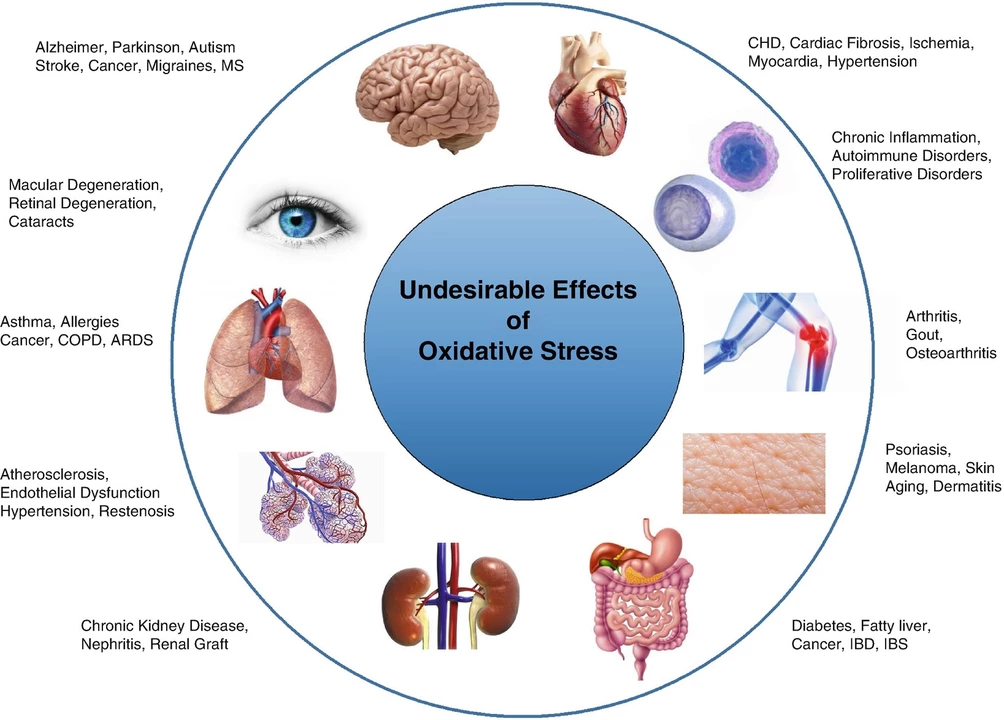Management: Practical Medication & Health Management Tips
Ever missed a dose, mixed pills by accident, or felt overwhelmed by mounting prescription costs? Managing medicines and chronic conditions doesn’t have to be chaotic. This page gives simple, usable steps you can start today to stay safe, save money, and keep your treatment on track.
Daily routines that actually work
Start with a clear daily plan. Use a pillbox for weekly sorting, set phone alarms or calendar reminders, and keep a short medication list in your wallet with drug names, doses, and your doctor’s phone. If you take many drugs, ask your pharmacist for a blister pack or synchronized refills so all meds renew on the same day.
Track side effects in one place. A small notebook or phone note that records when symptoms start, how long they last, and any possible triggers helps your doctor spot patterns fast. Bring that log to appointments — it beats trying to remember weeks later.
Check interactions before adding anything new. Always tell your prescriber and pharmacist about over-the-counter meds, supplements, or herbal remedies. Some combinations change how drugs work or raise risks. If you use more than one doctor, keep everyone updated.
Save money without risking your health
Shop smarter. Compare prices between local pharmacies and licensed Mexican pharmacies if you’re buying cross-border — many people save a lot, especially on brand-name drugs. But price alone isn’t enough: verify the pharmacy is licensed, requires prescriptions where appropriate, and shows clear contact info.
Ask about generics and alternatives. Generic versions and therapeutic substitutes often cost less and work the same. If a drug is expensive or hard to get, ask your doctor for safe alternatives and check articles or guides that compare options and side effects.
Use pharmacy services: curbside pickup, same-day delivery, and digital coupons can cut both time and cost. If you order online, choose pharmacies with secure checkout, prescription verification, and clear return/refund policies.
Store and dispose of meds safely. Keep medicines in a cool, dry place away from kids and pets. Don’t store pills in bathrooms where humidity can degrade them. For expired or unwanted medicines, use pharmacy take-back programs or local disposal events — flushing or trashing meds is risky.
Make your healthcare team your partner. Bring a concise list of questions to appointments: alternatives, how long to expect benefits, signs of trouble, and interaction checks. If you’re managing a chronic condition, ask about a written action plan (dose changes, when to call, red flags) — clear steps reduce panic and unnecessary ER visits.
Small changes add up. One organized routine, one price check, and one honest conversation with your provider can make your meds safer and cheaper. Want help finding trustworthy online pharmacies or cheap alternatives for a specific drug? We cover that on the site — real tips, real savings.






